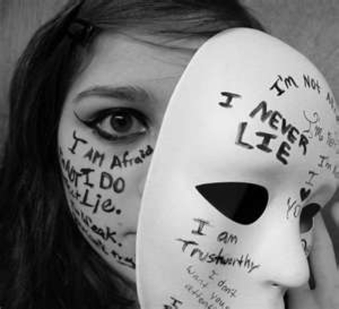
He had been testing his brothers – and maybe also toying with them and tormenting them – for long enough. Hiding behind the mask of the viceroy of Egypt, he had been able to deceive his brothers. He had hidden items in their bags and then accused them of stealing. He had held them captive on trumped up charges. He had done things that we associate with the traits of corrupt power. And all for what?
If it was all a test to see if the brothers who once sold him into slavery had changed, Joseph must have seen that they passed the test. When Joseph's brother, Judah, stood up to the viceroy of Egypt and refused to allow their brother Benjamin to be imprisoned and enslaved, Joseph must have seen that these were no longer the same men who threw him into the pit. They had been changed by the guilt of what they did to Joseph. They had been changed by hearing their father's anguished cries of grief over losing his favorite son. They had been changed by having to maintain the secrets and lies for twenty years.
Joseph ripped off the mask and cried, "I am Joseph! Does my father still live?" (Genesis 45:3).
But the things Joseph did not say spoke just as loudly. He did not admit, justify or apologize for his cruelty to his brothers. He just said that it was all part of God's plan, as if that wiped away his cruel behavior.
Was it really necessary for Joseph to use his power as viceroy to lock up his brother Simeon and to threaten them all? Wasn't it also a bit of revenge? Wasn't Joseph motivated at least as much by his anger toward his older brothers as he was by an attempt to discern whether they had changed?
I think that when Joseph revealed himself to his brothers, he also was revealed to himself. "I am Joseph!" was as much an admission as a revelation. He admitted that he was still, in some ways, the arrogant and spoiled child who once harassed his brothers with Jacob's favoritism and his dreams of dominating them. Joseph ripped off the mask because he could not stand to perpetuate a game in which he toyed with his brothers. The time had come for him to admit his identity -- both the outer mask and his inner, unsavory truth.
The story of Joseph – indeed, the entire story of the book of Genesis – is the story of admitting what we are. The perfect God has made us imperfect, so it is our challenge and our duty to know ourselves, to confront our truth, and thereby transcend it.
What masks do you wear to hide your faults? When will you take them off and admit, after all, that you are human?
Other Posts on This Topic:
Miketz: Deception
Learning about Jewish Prayer from Yoga

 RSS Feed
RSS Feed
